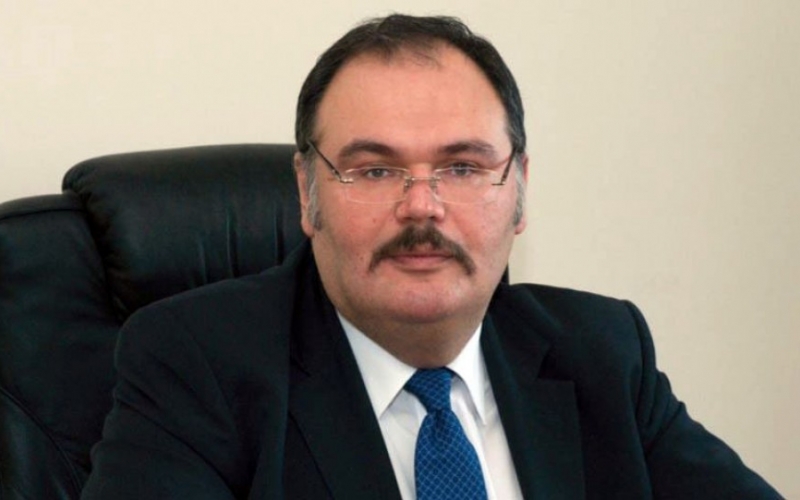
The Ambassador says: “Over the past 22 years we have grown accustomed to Armenia's frequent violation of the ceasefire regime, however this time it was on such a massive scale that it almost amounted to the full flare up of the conflict. Unfortunately, the past few days have seen an unprecedented escalation of violence and shelling of Azerbaijani civilian settlements by the Armenian armed forces. The shelling has led to dozens of civilians being killed and wounded, some of them in left critical condition. On the second day of this flare up, Azerbaijan has declared a unilateral halt to military operations in the spirit of peace, and has shown goodwill to avoid further escalation and casualties. However, Armenia has rejected this call for ceasefire and even expanded its theatre of military operations forcing Azerbaijan to retaliate and take necessary steps to protect the civilians in the conflict zone.
International media coverage of the tensions has improved, with some Western outlets recalling that Nagorno-Karabakh is an integral part of Azerbaijan, and is recognised by the international community as such.This is happening for two reasons now. Firstly, the continuing military presence of Armenia in the occupied territories of Azerbaijan and its refusal to withdraw these forces from the internationally recognised territories of Azerbaijan.
Since 1994, peace talks have been ongoing under the auspices of the OSCE'S Minsk Group, but have not achieved any significant progress. This military occupation has resulted in around oneMILLION Azerbaijanis fleeing from Nagorno-Karabakh and the surrounding seven districts, to resettle in other parts of Azerbaijan. In fact, Azerbaijan has the largest population of refugees and IDPs in per capita terms. These displaced people demand immediate return to their homes and put pressure on Azerbaijan's government to undertake the necessary steps to achieve this. Azerbaijan has always shown remarkable dedication to the peaceful resolution of the conflict. But the country continues to suffer from military aggression and has to cope with these economic and social burdens of the loss of territory.
Secondly, the international community – in particular the OSCE's Minsk Group co-chairs have not taken adequate steps to resolving this conflict peacefully. The co-chairs have effectively monopolised the peace process, refusing to cooperate with other institutions or individual countries that could potentially contribute to the process. We regret that the co-chair countries have concentrated their efforts on pursuing their interests in the region, rather than working closely with a view to drawing up a sustainable peace plan.Politically and economically, the South Caucasus region is part of Europe despite being only geographically on its margins. However, events that take place on Europe's doorstep can most definitely be a threat to Europe's overall security environment, not to mention a potentially fatal blow to Europe's energy security. The escalation occurs at a time when Europe grapples with a wide range of other security-related challenges. Therefore, it is high time for Europe and the wider international community to show resolve and political will to call on Armenia to withdraw its armed forces from occupied territories of Azerbaijan. UN Security Council Resolutions 822, 853, 874 and 884 provide adequate legal framework of the conflict resolution. These resolutions and many others by other international organisations have reaffirmed Azerbaijan's sovereignty over occupied territories and called on Armenia to respect the principle of territorial integrity and sovereignty by withdrawing its armed forces. A lasting peaceful resolution of the conflict will only come about from the implementation of these resolutions, along with international mediation.I would like to take this opportunity to express my gratefulness to the UK government for its reserved position, and to members of the general public for the outpour of support to Azerbaijan's cause.”
Views: 206
